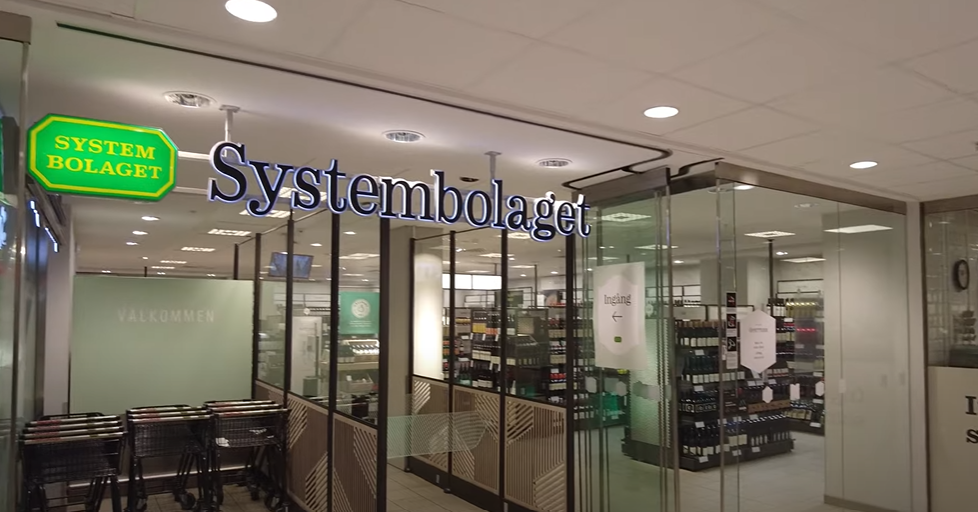A slumping economy gave Swedes less to cheer about last year as alcohol consumption fell the most in nearly a decade in the Nordic country.
Others are reading now
The economic downturn in Sweden resulted in a significant reduction in alcohol consumption last year, marking the largest decrease in nearly ten years, aside from the anomaly of the 2020 pandemic, recent research revealed.
In 2023, the average alcohol consumption for individuals aged 15 and older was recorded at 8.6 liters per capita, as reported by the Swedish Council for Information on Alcohol and Other Drugs (CAN). This figure represents a 2.7 percent decrease from 2022, indicating the sharpest year-on-year fall since 2014, discounting the pandemic year.
“This shows that the economic situation in 2023 has also influenced the buying of alcohol,” stated Bjorn Trolldal, a researcher with CAN.
“The depreciation of the Swedish krona and the increase in fuel prices has affected imports,” he told AFP.
Also read
Specifically, there was a noticeable decrease in alcohol purchases from Germany, which traditionally represents half of Sweden’s alcohol imports.
The Swedish economy experienced a contraction of 0.3 percent in 2023, one of the weakest performers in the European Union, as the central bank raised rates to combat escalating inflation.
Sweden has an alcohol distribution monopoly, meaning that apart from bars and restaurants Swedes can only buy beverages with an alcohol-level above 3.5 percent at state-run outlets called Systembolaget, and authorised retailers in rural areas.
Systembolaget accounted for around 71 percent of total consumption in 2023, up from 64.8 percent in 2019, according to the study.
Alcohol consumption is steadily declining in Sweden, having dropped by around 10 percent since 2014.


